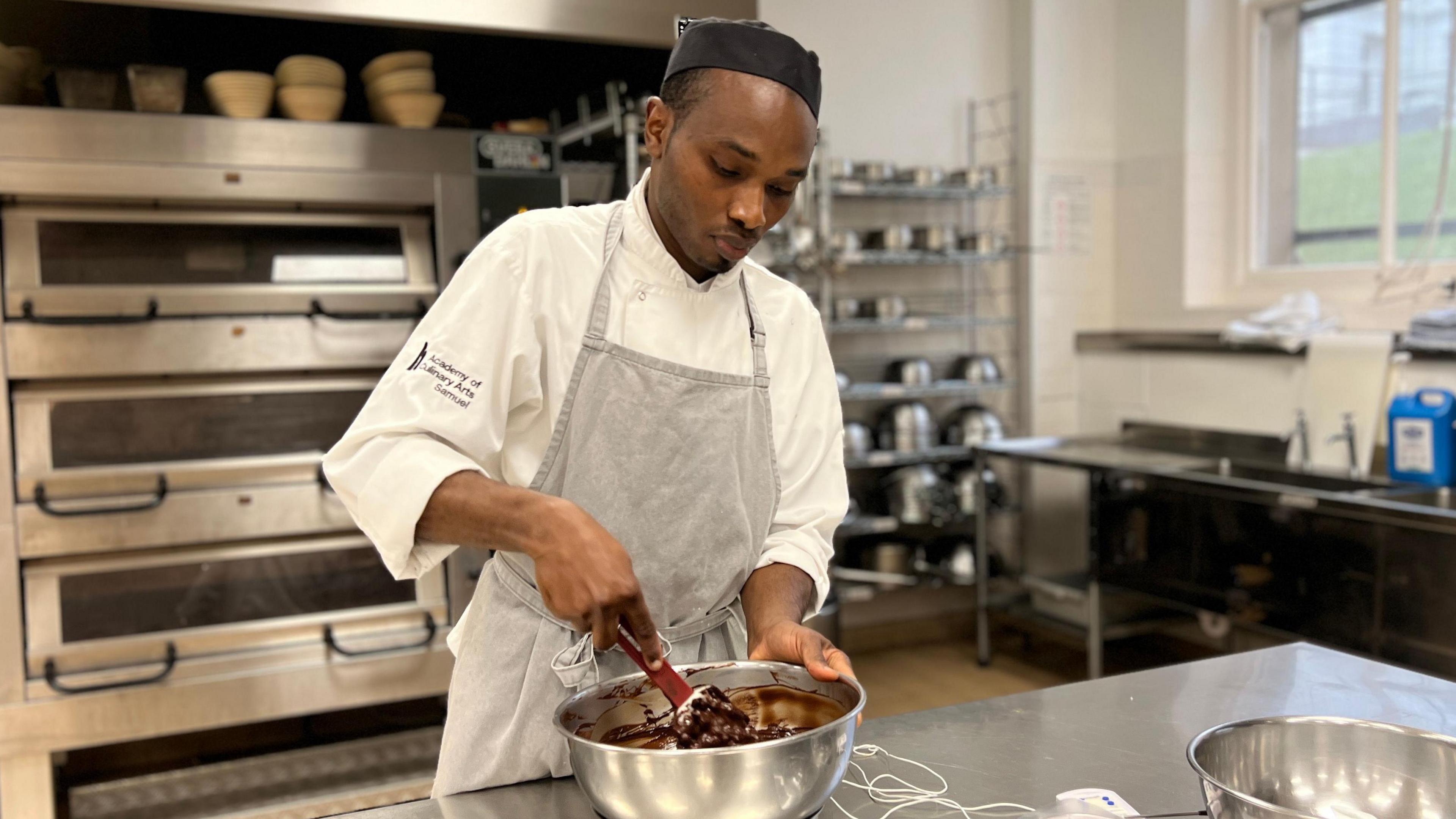Scrapping trainee wage 'a big mistake'
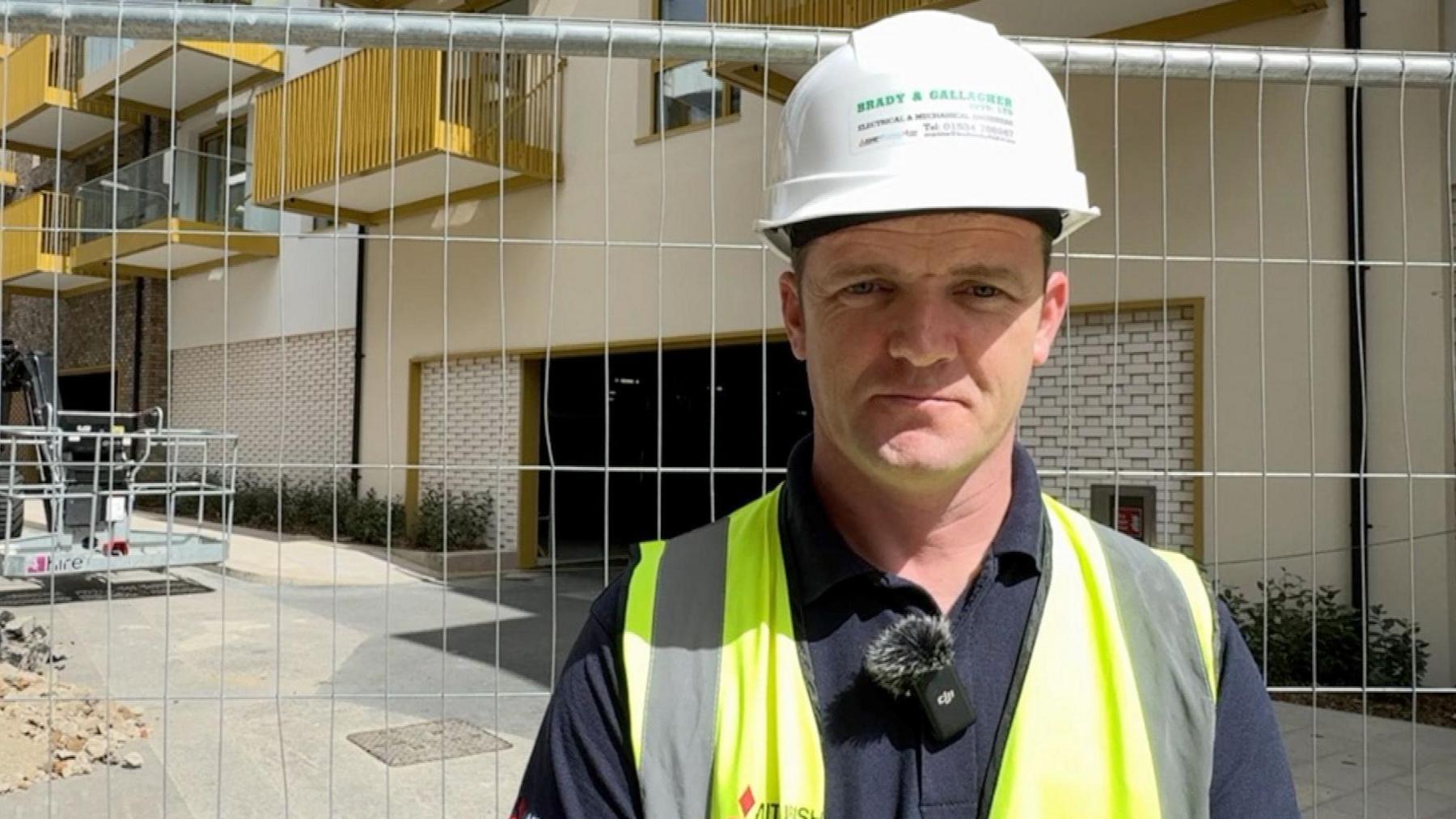
Martin Burns said that Brady & Gallagher was due to begin working with three new apprentices this month
- Published
Scrapping the trainee minimum wage rate was a "big mistake" which led to redundancies, an electrical contractor has said following the reintroduction of the lower rate for people on approved training programmes.
From 1 September, first-year trainees get £10.50 an hour and second-year trainees get £11.75, while people already training get £13.
Martin Burns, operations director at Brady & Gallagher, said "three or four" apprentices had been let go because it "wasn't financially viable" to pay them the same as fully qualified staff.
The Government of Jersey said the reintroduction would help improve access to skilled employment, supporting businesses to "sustainably invest" in local talent.
The move follows the abolition on 1 January 2024 of the lower rate and the establishment of a single minimum wage for all employees following a States Assembly vote., external
'Playing catch-up'
Mr Burns said that the government "should never have changed" the system and claimed that consultation with businesses ahead of the move had been insufficient.
"They should have been more in contact with the industry," he said.
"We had no first year trainees last year.
"We're going to see that gap, it's going to come in a couple of years' time, because we're going to have a lack of skilled trades."
He added businesses had been left "playing catch up".
"We're now filling nearly a two-year gap, and this was after we had Covid - we had a gap already then," he said.
"We kind of got back on track, and then government went and changed (the rate).
"I believe it was a big mistake."
Mr Burns said that the move had led to "a lot of resentment" among apprentices who had already been learning on the job and being paid less than their more qualified colleagues.
"They just said 'hold on, I've been training for two years - why is somebody who's just come in getting paid the same money as me?'," he said.
"What could we say? The government made a decision. There's nothing that we could do."
Mr Burns said he hoped that the reintroduction of the trainee minimum wage would "change things in the industry" and added that the company was due to begin working with three new apprentices in September.

Ministers, including Deputy Rob Ward, said that the reintroduction of the trainee rate aimed to balance fairness for both employers and employees
Deputy Rob Ward, Jersey's Minister for Education and Lifelong Learning, said: "By supporting trainees and apprentices with fair starting rates, we're opening more doors for Islanders to gain valuable qualifications and experience.
"This change strengthens our pathway from education into skilled, rewarding work, and helps ensure that learning truly is a lifelong opportunity for all."
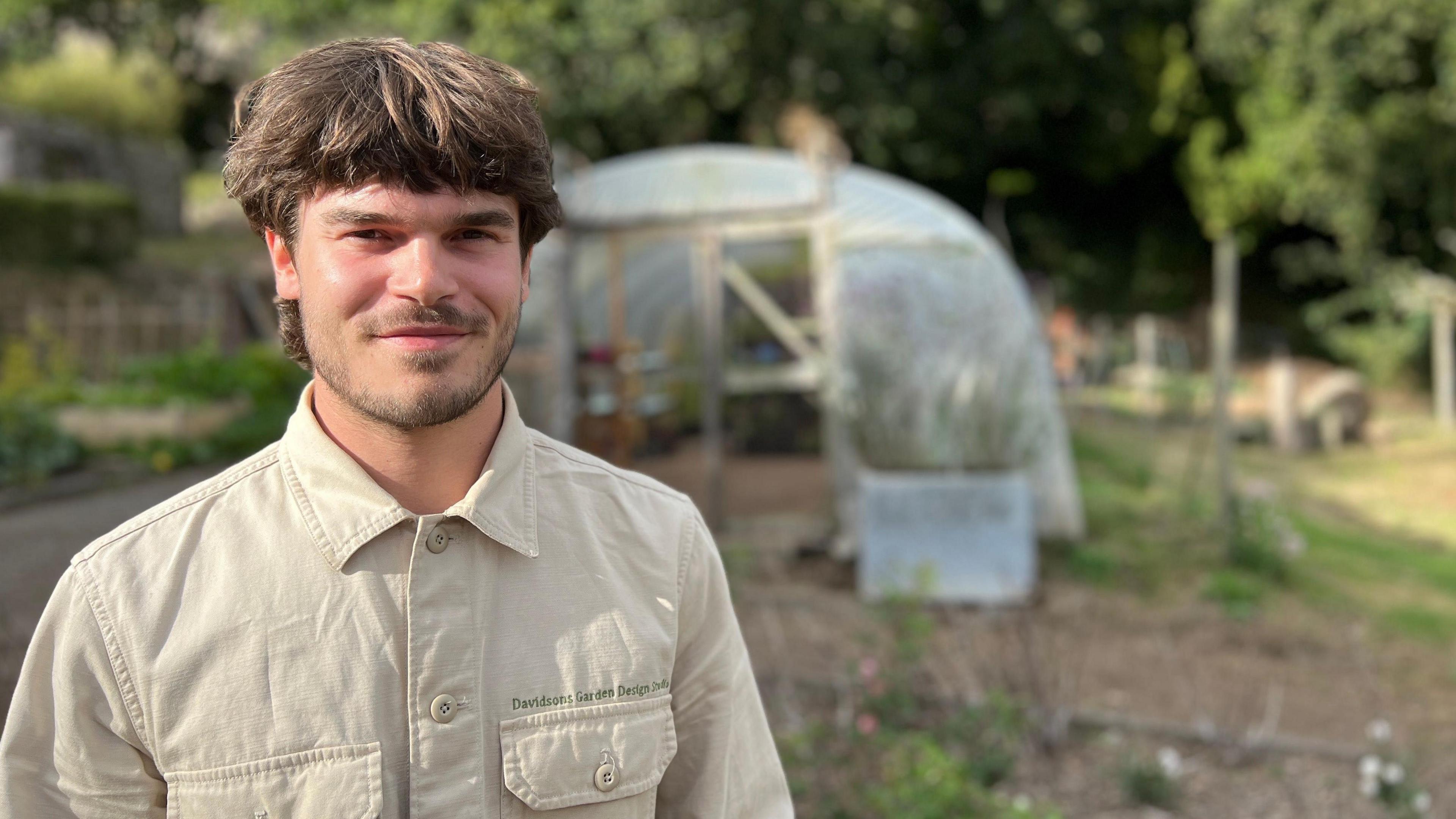
Wills Baker said that apprenticeship schemes could play a role in encouraging young people to stay in Jersey, rather than seeking work outside the island
Wills Baker, who recently completed an RHS Level 2 apprenticeship in horticulture, said that trainee schemes were "unbelievably important" for young people in Jersey.
"Too many people are leaving, I think, in hopes for better work elsewhere," he said.
"A lot of the people which I personally know have come back to the island and have essentially started where they could have started by not going to uni or not leaving the island.
"I think it would have been a much better idea for them to stay on-island, do an apprenticeship, learn a skill, and with the changing world, obviously with AI, it's going to be quite important to have hands-on skills, as well as all that theory backing it up."
He added: "My life would be completely different had I not done the apprenticeship scheme - probably for the worse, to be honest."
Follow BBC Jersey on X, external and Facebook, external. Send your story ideas to channel.islands@bbc.co.uk, external.
Related topics
- Published29 July
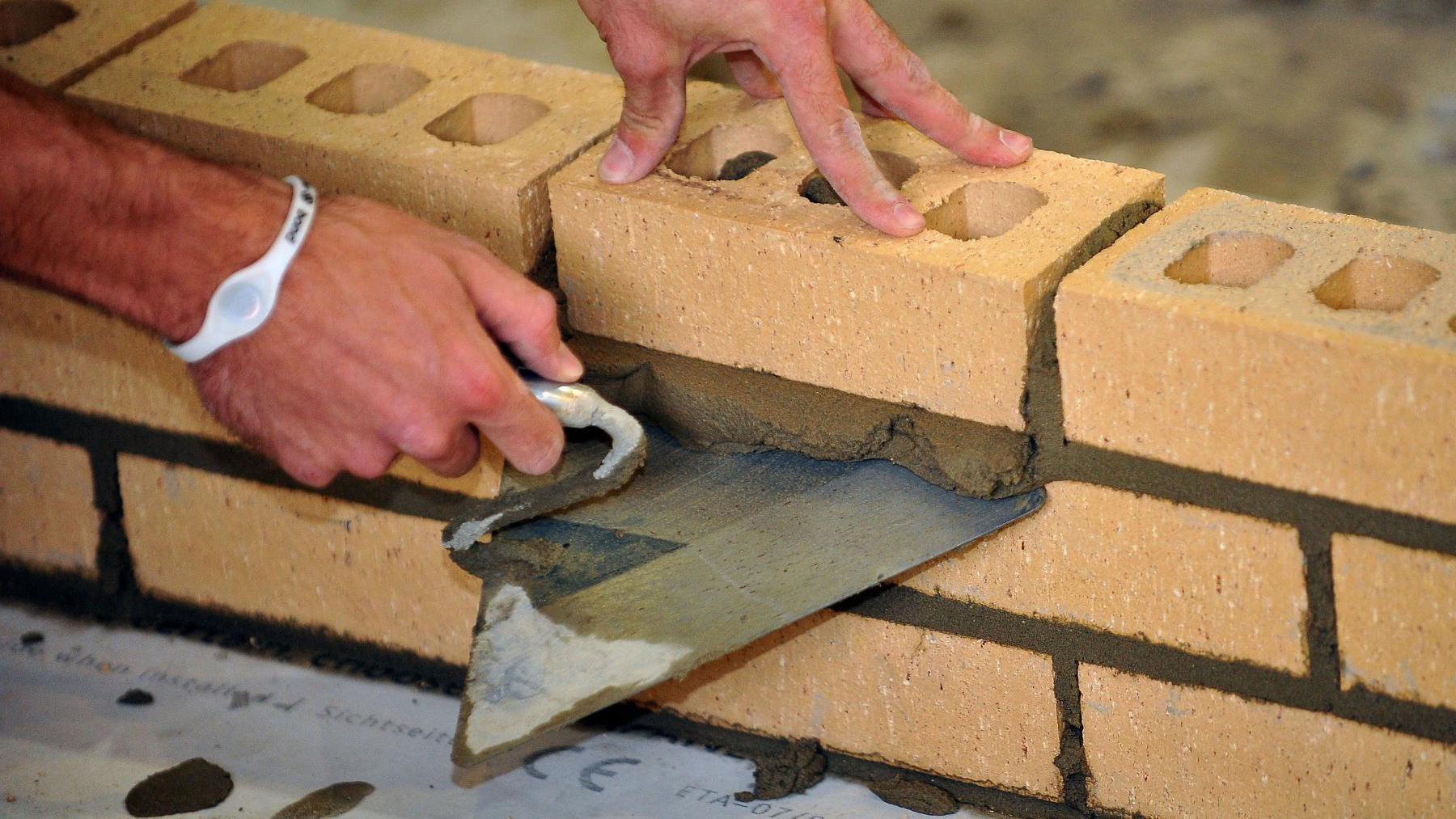
- Published22 April

- Published19 February
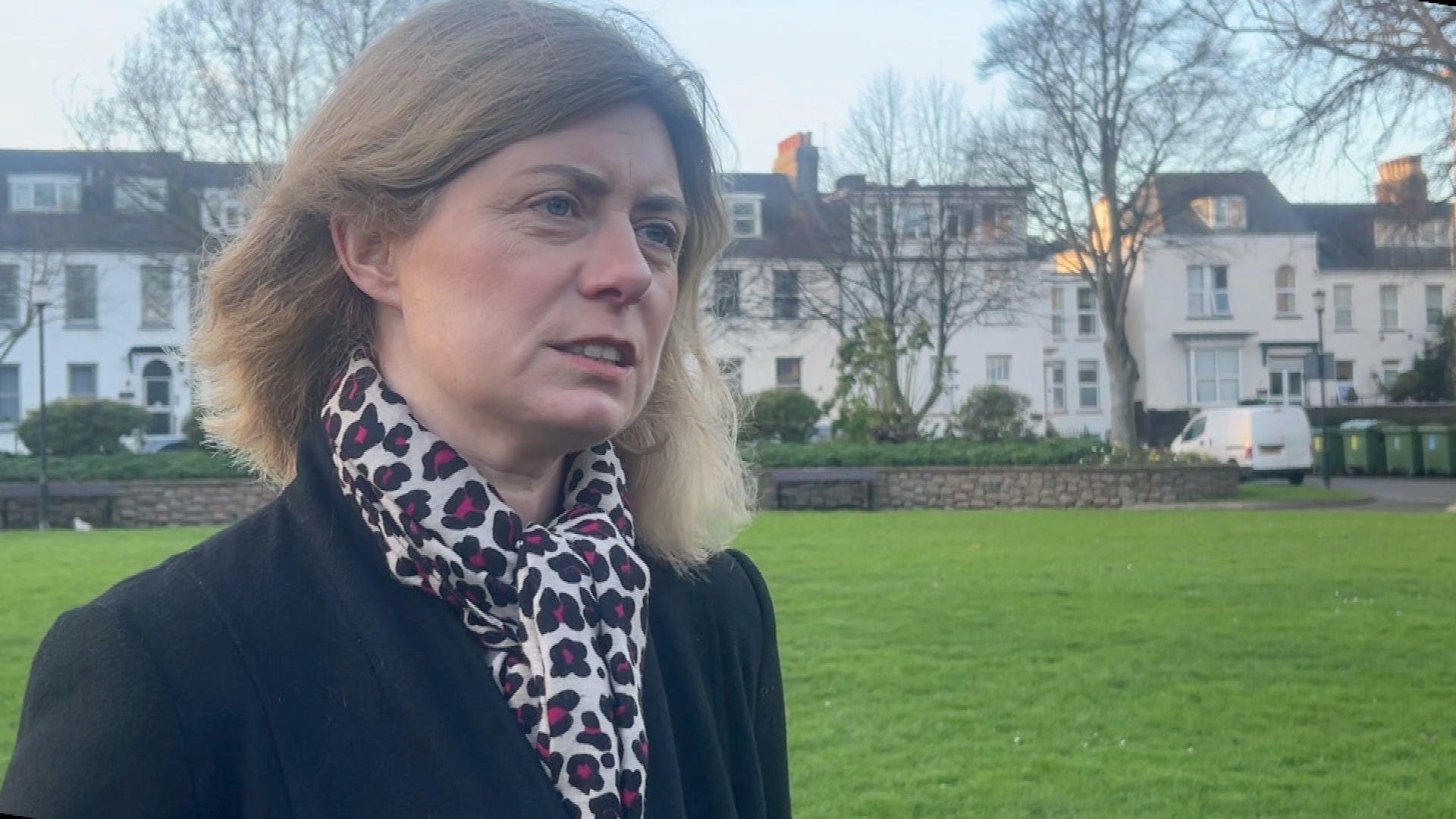
- Published17 April
